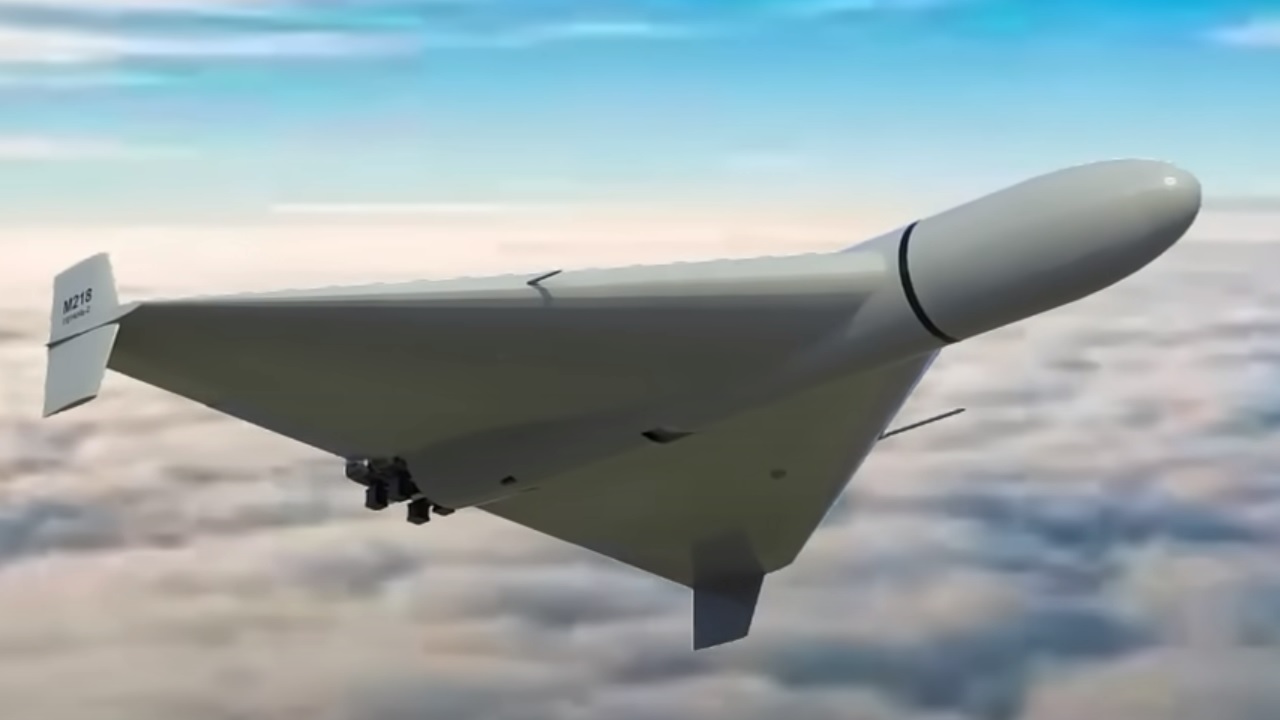The Joint Comprehensive Plan of Action, or JCPOA, is often referred to as the Iranian nuclear deal. The deal included Germany and the P5 – the members of the UN Security Council – and negotiated a reduction in Iran’s nuclear program in exchange for sanctions relief and security assurances. Spearheaded by the Obama administration, it was hailed by America’s allies in Europe but condemned by its allies in the Middle East.
The negotiations were thorough, but the arrangement was anything but stable. In 2018, President Donald Trump withdrew the United States from the nuclear deal only a week after his inauguration. Now President Biden has expressed his willingness to renegotiate, and this posture has drawn the ire of countries such as Israel and Saudi Arabia, who feel it is detrimental to their security.
Perceiving Biden’s willingness to negotiate as U.S. weakness, the Mullahs of Iran have continued to export their soft power across the region, with continued weapon shipments to Shiite militias in Iraq, Syria, Lebanon, and Yemen.
Meanwhile, rocket attacks on American bases and Kurdish militias have increased over the past several years. Despite Kyiv’s continued diplomacy with Iran, even after Tehran shot down a Ukrainian airliner, the Islamic Revolutionary Guard Corps is now playing a combative role in Ukraine.
Recently, Iran was found to have sold thousands of Shahed suicide drones to Russia for use in its invasion of Ukraine, along with ballistic missiles able to reach as far as the Polish-Ukrainian border when launched from Crimea. The drones have damaged energy grids, thus endangering civilians as winter sets in. According to U.S. intelligence, the IRGC has even sent advisers to occupied Crimea to train Russian forces.
Along with the inhumane treatment of women and murder of dissidents in the ongoing Masha Amini protests, what drives the Mullahs to such radical activity?
The answer is the one thing that is currently protecting them from international isolation: the JCPOA.
Tehran takes full advantage of the fears that Iran can build a nuclear weapon if the JCPOA is not restored. As with any autocratic regime, the Mullahs mask domestic problems by provoking international conflicts to redirect the ire of their citizens. And since Biden chose to renegotiate the nuclear deal in 2021, the Mullahs and the IRGC have engaged in various illicit activities. The Islamic Republic admitted switching off IAEA cameras. Iranian authorities have plotted the assassination of dissidents in the United States, and they were intercepted by Turkish intelligence in a plot to murder Israeli civilians.
Now that protests have grown across Iran demanding wholesale change, the Mullahs have engaged directly in Ukraine. Using air bases in occupied Crimea, IRGC operatives are training Russian forces on targets to hit, giving a boost to Russia’s indiscriminate suicide-drone bombings against civilians and critical infrastructure in Kyiv and Odesa. Since the Biden administration has been reluctant to send Ukraine long-range weapons such as ATACMS out of fear of Russian escalation, the IRGC has also supplemented Putin’s war machine with ballistic missiles.
It is hard to understand why Tehran would continue to provoke the international community, but one possibility is that Iran wants to bring collective punishment down on its own citizens. The Iranian people have endured the harshest of economic sanctions since the Islamic Revolution. The ruling elite use such punishment to portray themselves as the only ones looking out for the interests of Iranians. This system only worked after Ayatollah Khomeini executed tens of thousands of dissidents, however, and today’s more progressive population no longer buys the propaganda of the regime.
Lacking domestic support, Iran now must rely on its proxies in the Middle East to spread its propaganda. Its only true state military backer is the Russian Federation. The two nations are growing closer as Russia joins Iran in the isolation the latter has experienced since 1979.
Leveraging fears of gas shortages, Moscow has continued to provoke the world knowing their gas is valuable to the global market. Likewise, the Mullahs know the JCPOA and its legacy is valuable to the international community. If Tehran is given the benefit of the doubt in reconciliation, they will continue to murder their own citizens with impunity. They will also continue to use Ukraine as a stage to assess their own weaponry for use in a potential future war with Iran’s Middle Eastern rivals. Today, the states who control the fate of the nuclear deal must realize the same documents they hoped would be a path for peace are now used as leverage for war.

